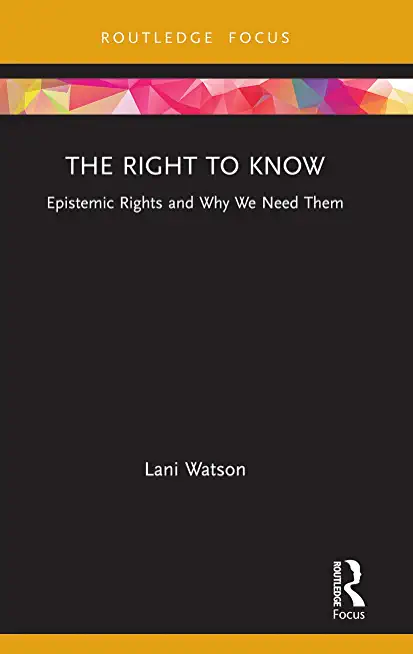
description
's critical work on space and place and the political importance of geography, it is less surprising to see the luxuriant evocation of a specific topography of dusty roads, grottos, plump figtrees, desert flowers, muddy clods, and the "beckoning hands of lambent hills". Most revealing of all, perhaps, is the poems' tendency to see the world through musical form. Musical imagery is everywhere, testifying to how much of Said's mind in an introspective mood was immersed in the sounds, forms, and fables of Western classical music."--Timothy Brennan, from the book's Introduction Edward Said was renowned for the breadth, erudition, and humanity of his scholarly and political writing. His ground-breaking studies of literature and culture threw a dazzling new light on the ways in which non-Western peoples have been misrepresented over the course of the centuries, and he was among the world's most prominent voices in denouncing the modern-day injustices of Western foreign policy. This volume collects all of his never-before-published poems, offering insight into the personality of the author of Orientalism, The World, the Text and the Critic, and Culture & Imperialism "to a degree hidden in those works themselves". The nineteen works collected in Songs of an Eastern Humanist canvass a variety of poetic forms, but they are all shot through with Said's capacious intellect and passionate sensibility. They are also remarkable achievements of poetic craft. Said's poetry alternates with unerring judgment between wit and pathos, between sublimely elevated and disarmingly quotidian registers. His individual lines of verse are exquisitely constructed and richly elusive, while his poems as a whole are at once sweeping in their vision and keenly evocative of sensory experience. Their publication amounts to a major literary event, marking twenty years since the great public intellectual's passing.
member goods
No member items were found under this heading.
Return Policy
All sales are final
Shipping
No special shipping considerations available.
Shipping fees determined at checkout.







